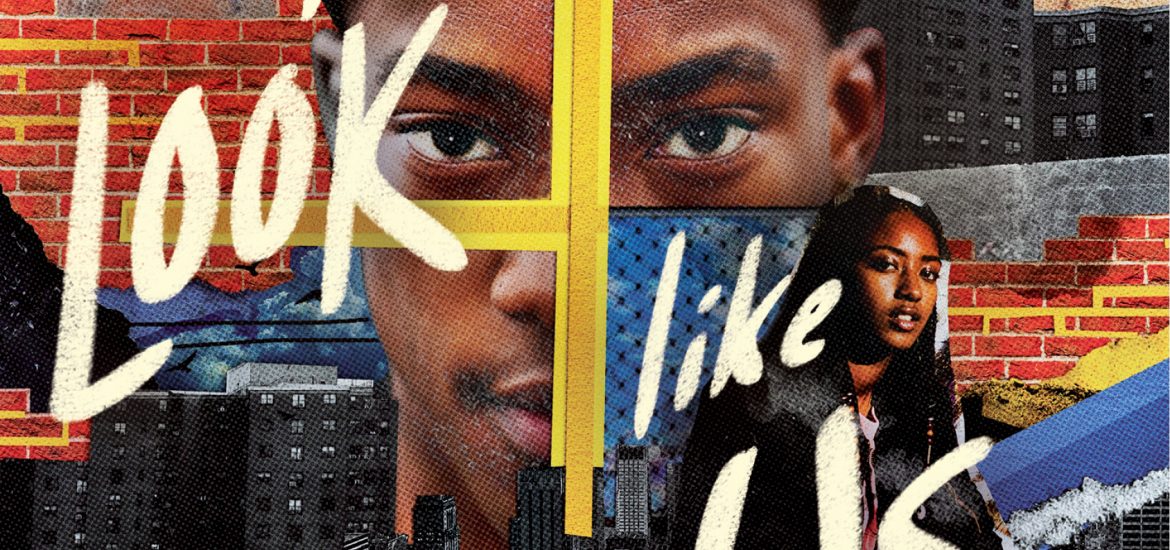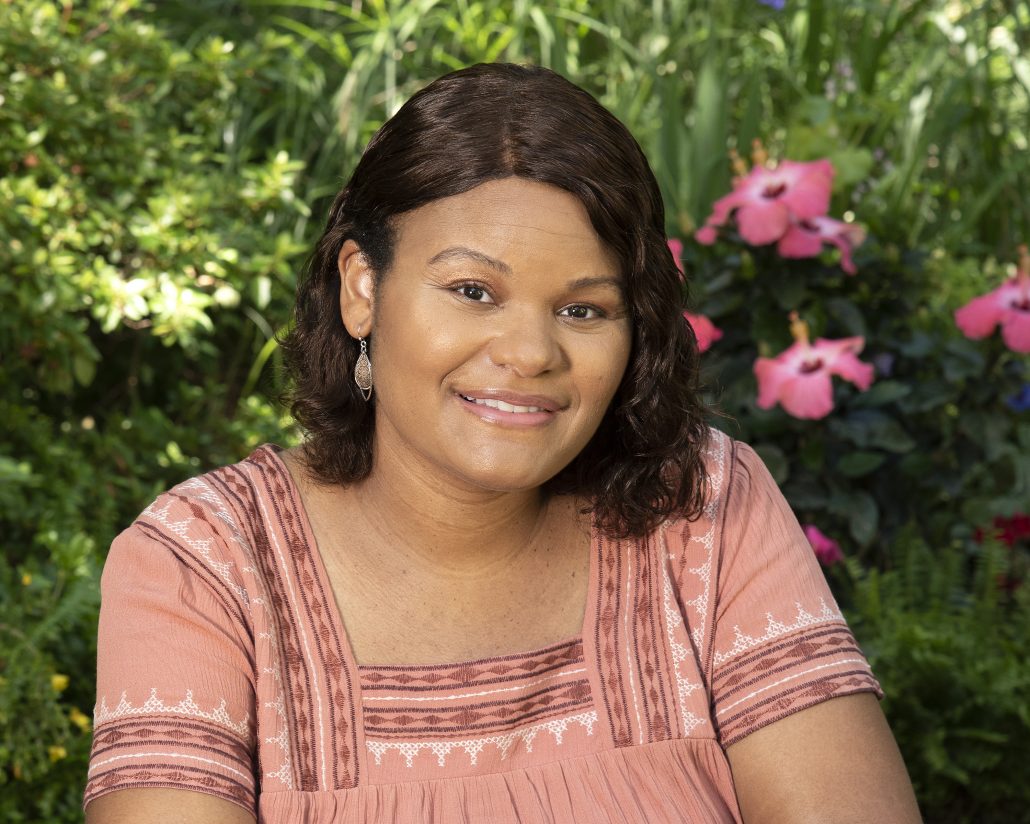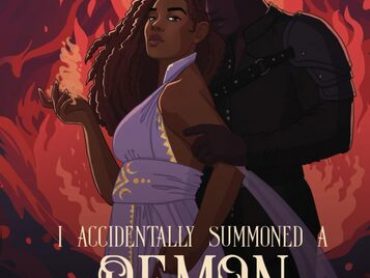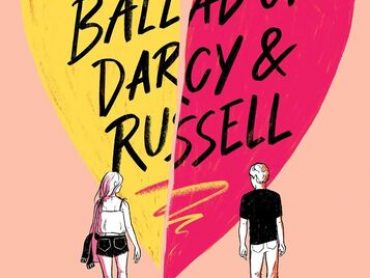Pamela N. Harris released her debut YA novel this month, called When You Look Like Us. The book chronicles a teen boy’s search for his sister who goes missing from a neighborhood where Black girls’ disappearances are too often overlooked. Harris weaves together a gripping story about Jay Murphy and his sister, Nicole. But when Nicole disappears, no one blinks twice over a missing Black girl from public housing. Jay can even admit that, for a minute, he thought his sister Nicole just got caught up with her boyfriend, a drug dealer, and his friends. But she’s been gone too long. It’s time for Jay to step up, to do what the Newport News Police Department won’t. Bring his sister home. Check out what Pamela N. Harris told us about writing her novel before she takes over our Twitter account this afternoon!
Young Entertainment Mag: How does it feel to release your first novel?
Pamela N. Harris: I’m trying to think of the right word to describe my feeling and I’m coming up empty! It’s a combination of excited, nervous, and overwhelmed. I’m thrilled to finally have my novel get into the hands of readers. But it’s also scary knowing that it’s out there and there’s nothing else I can do about it. I wonder if this is what I’ll feel like when I send my kiddos off to kindergarten!
YEM: Your debut novel is called When You Look Like Us. How long have you been wanting to write this story?
Pamela: I started this story when my now toddler was in my belly and put the finishing touches on it when my now four-month-old was in my belly. Needless to say, it was a LONG process, but I knew that this story needed to be told. Because of that, I reminded myself to be patient.
YEM: Was there a specific situation that inspired you to write When You Look Like Us? Were you inspired by the Black Lives Matter protests this summer?
Pamela: Actually, an editor approached my agent with the seed for the story. She had an idea about a noir set in a Black neighborhood where a boy has to find his missing sister. Because I’ve always loved mysteries and my research as a counselor educator is based on meeting the needs of Black families, I felt like this was my story to tell. The Black Lives Matter protests that occurred before, during, and even after I was writing this story definitely helped me color in between the lines — I wanted the activists’ voices heard, too.
YEM: Did you include your own experiences as a black woman in this book?
Pamela: A lot of my childhood is reflected in this story. Everything from the neighborhood, some of the characters, and some of the stereotypes that I’ve heard or even had myself about my neighborhood when I was growing up. As a proud Black woman today, writing about the dismissal of missing Black girls was heartbreaking, but I knew it was important for people to read about it. The more people are aware of this epidemic, the more we can all hopefully do something about it.
YEM: You were previously a school counselor. Did that experience influence your writing for young adults in any way?
Pamela: Absolutely! I would have so many of my students come to my office to complain about some of the books they had to read. It was rare when they saw themselves in the pages — and it triggered similar feelings I had when I was a child. I LOVED reading, but sometimes found it hard to connect with characters. When I started taking my writing seriously, I wanted to write stories about characters who looked like my students and myself.
YEM: When You Look Like Us is about Jay Murphy, who searches for his sister when she goes missing. Did you do any research on the disappearances of young women throughout the country?
Pamela: Sadly, yes. I researched the staggering number how many Black girls go missing. And also many of them are inaccurately labelled as runaways. Moreover, media coverage of missing Black girls is disproportionately lower compared to missing White girls. These statistics angered me, but I used it to fuel my writing.
YEM: What would you advise to anyone who wants to be part of the change?
Pamela: I’d tell the same things I tell my graduate counseling students as a counselor educator: start small. We sometimes think of change on this grand scale, but it needs to start in our homes first. We need to call out our friends and family members when they make comments or “jokes” that are bigoted or racist in nature. When it comes to allyship, one of my colleagues said it perfectly: “I want you to teach your kid not to be afraid of my kid.” As a Black mom, I know there are tough conversations I’ll need to have with my children—I just hope that parents from ALL backgrounds are having these conversations.
YEM: What do you hope readers take away from reading this book?
Pamela: I hope readers are both entertained and enraged. If my mystery novel about a missing Black girl can make readers want to keep turning the pages AND engage in some form of advocacy, then I’ll feel like I’ve done my job.





